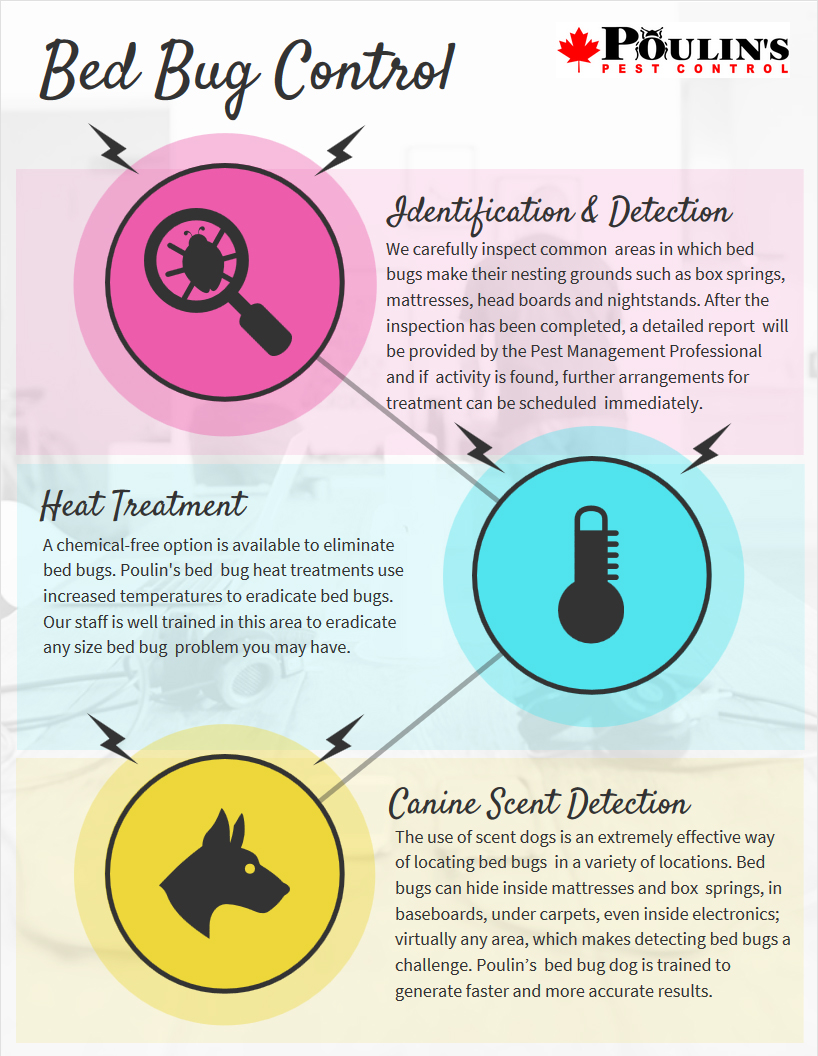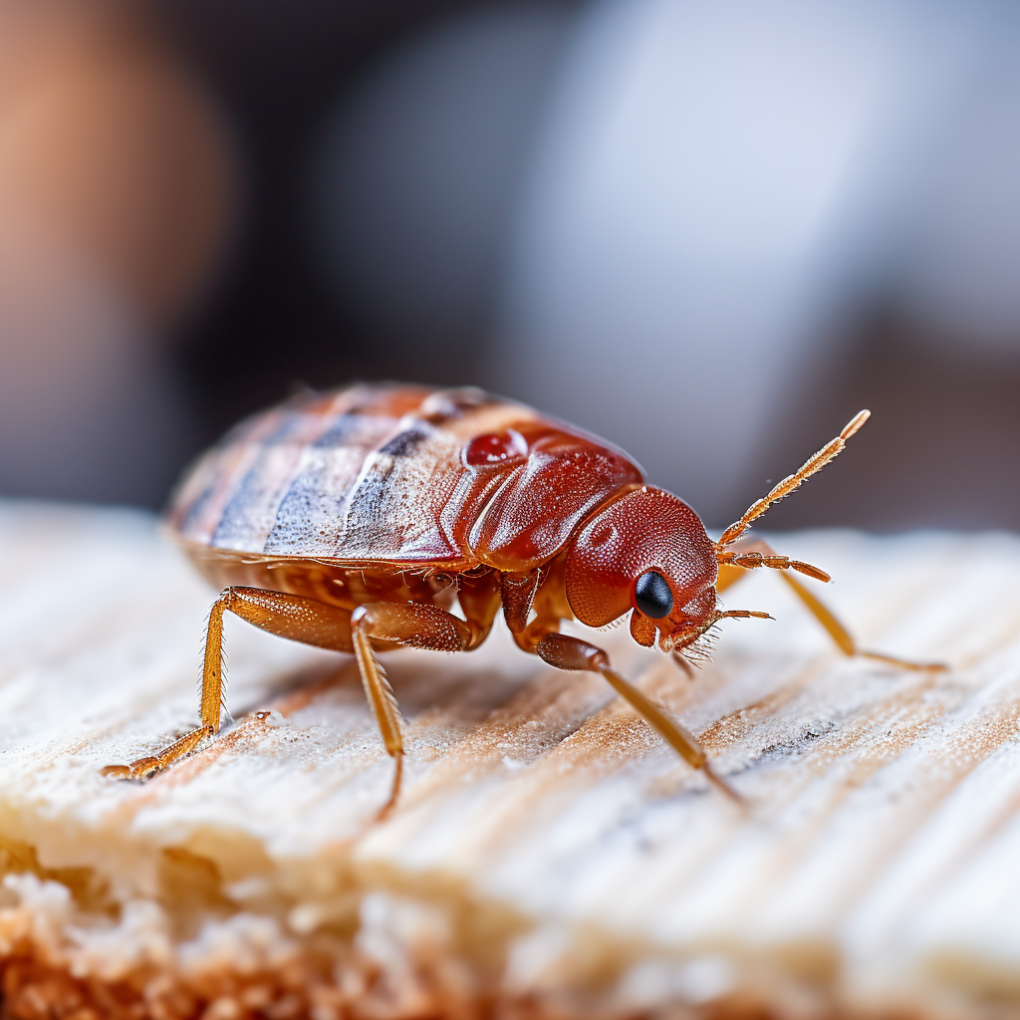A Failure of the Various Sorts Of Bug Control Solutions
In the world of insect control, a wide variety of approaches exist to attend to and fight the visibility of unwanted animals. From the standard use chemical pesticides to more cutting-edge biological control services, each technique uses distinctive benefits and limitations. As we navigate through the diverse landscape of insect control services, comprehending the ins and outs of each approach ends up being critical in establishing one of the most reliable strategy. Keep tuned as we discover the nuanced globe of parasite control approaches and uncover just how each kind plays a special function in securing our atmospheres.
Chemical Pesticides
Chemical pesticides are commonly made use of in bug control to efficiently eliminate a large range of insects and various other bugs. These pesticides function by targeting the nerve system of the pests, interrupting their typical functions, and inevitably resulting in their death. Making use of chemical pesticides has been a staple in the parasite control market for years because of their efficiency and fast results.

Nonetheless, it is important to use chemical pesticides with caution due to their potential harmful effects on the environment and non-target species. Improper application or overuse of these chemicals can bring about air pollution, injury to useful bugs, and resistance advancement in insect populations. It is essential to follow safety and security standards and guidelines when using chemical pesticides for pest control.
Biological Control Approaches
Taking into consideration the prospective environmental influences and risks linked with chemical pesticides, biological control approaches provide an even more sustainable technique to managing bug populations. Organic control entails making use of all-natural opponents, such as parasites, killers, and pathogens, to suppress bug populaces. This method is commonly more targeted, impacting just the details insect types while decreasing harm to helpful pests, humans, and the atmosphere.

When developed, natural adversaries can assist regulate pest populaces continuously without the need for repeated applications of chemicals. In addition, organic control is commonly a lot more cost-effective and can assist reduce pesticide resistance in parasite populations over time.

Mechanical Insect Control
Mechanical parasite control involves the physical manipulation or removal of bugs to handle their populaces properly. This approach is frequently employed together with various other pest control techniques for detailed bug monitoring. One usual instance of mechanical bug control is making use of catches to record rats or pests. These catches can be established in calculated places where bugs are understood to dwell, helping to reduce their numbers.
An additional mechanical technique is the use of barriers such as screens, fences, or webs to block parasites from going into particular areas. By literally stopping insects from accessing a location, the chance of invasions or damages can be considerably reduced. In addition, hands-on methods like handpicking parasites off structures or plants can be reliable for smaller-scale invasions.
While mechanical parasite control techniques can be labor-intensive, they offer a non-chemical choice that can be lasting and ecologically pleasant. By targeting bugs directly, mechanical control methods can help keep pest populations in check without counting on pesticides.
All-natural Treatments
Making use of natural solutions for pest control uses a sustainable and green method to taking care of insect populaces without resorting to chemical interventions. All-natural remedies include making use of substances originated from plants, minerals, or various other naturally happening resources to deter or get rid of bugs. As an example, planting specific natural herbs like basil, mint, or lavender around your residential property can repel bugs because of their solid scents. Diatomaceous planet, a powder made from fossilized algae, can be used to fight bugs like ants, roaches, and bed pests by dehydrating their exoskeletons.
Furthermore, necessary oils such as tea tree oil or neem oil have insecticidal residential or commercial properties that can efficiently control pests while being safe for the environment. An additional all-natural treatment is presenting helpful pests like ladybugs or praying mantises to your garden to prey on dangerous bugs. By incorporating these natural options right into parasite management methods, people can minimize click this their reliance on synthetic chemicals and advertise a much healthier, a lot more balanced ecosystem.
Integrated Parasite Administration
Integrated Insect Management (IPM) is a thorough technique that combines numerous methods to efficiently control pest populaces while decreasing risks to human health and wellness and the environment. IPM entails the combination of multiple bug control methods such as organic control, habitat adjustment, modification of social practices, and the usage of resistant plant varieties. By making use of a combination of these strategies, IPM aims to minimize reliance on chemical pesticides, which can have unfavorable effect on ecological communities and human health.
One trick aspect of IPM is the focus on avoidance. By executing actions to stop parasite infestations prior to they take place, such as maintaining appropriate try this site hygiene and sealing entrance factors, the need for reactive parasite control measures is lessened. Surveillance and regular assessments play an essential function in IPM, permitting for early detection of bug concerns and punctual intervention.
Final Thought
In conclusion, the various kinds of bug control options use a variety of options for effectively taking care of parasite invasions. Biological control methods make use of all-natural predators to control parasites. Integrated Bug Administration combines multiple approaches for an alternative method to pest control.
Chemical pesticides are generally utilized in pest control to properly get rid of a broad range of bugs and other parasites.Mechanical bug control involves the physical adjustment or removal of pests to handle their populations properly (Kings cincinnati pest control).Making use advice of natural treatments for pest control uses a environmentally friendly and lasting method to taking care of insect populaces without resorting to chemical interventions.Integrated Bug Monitoring (IPM) is an extensive strategy that combines different strategies to efficiently regulate pest populations while reducing threats to human health and the atmosphere.In verdict, the various types of bug control remedies offer a variety of alternatives for effectively managing bug problems